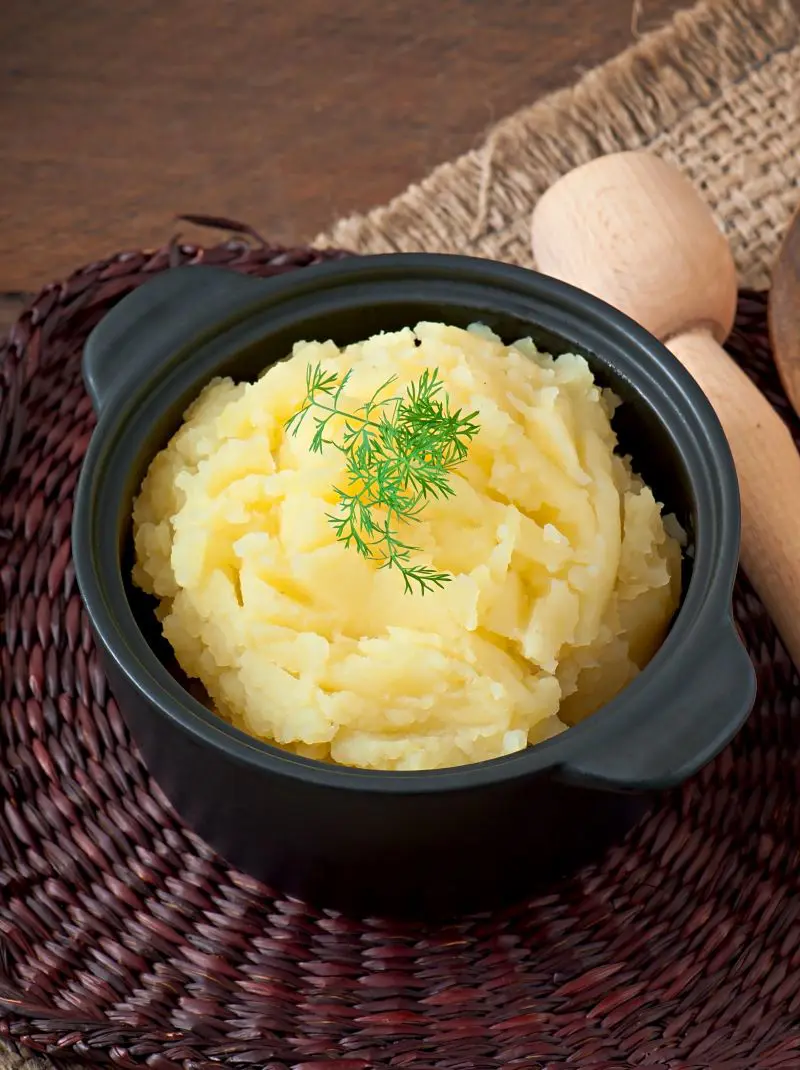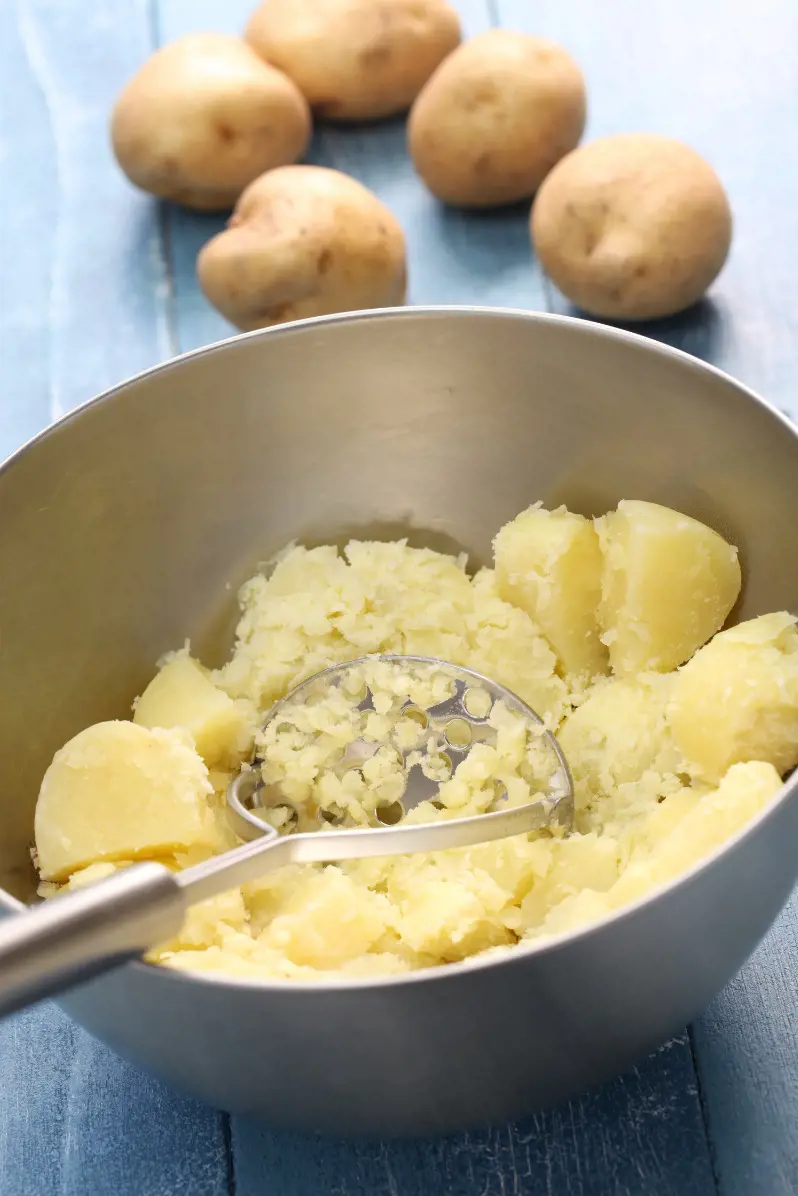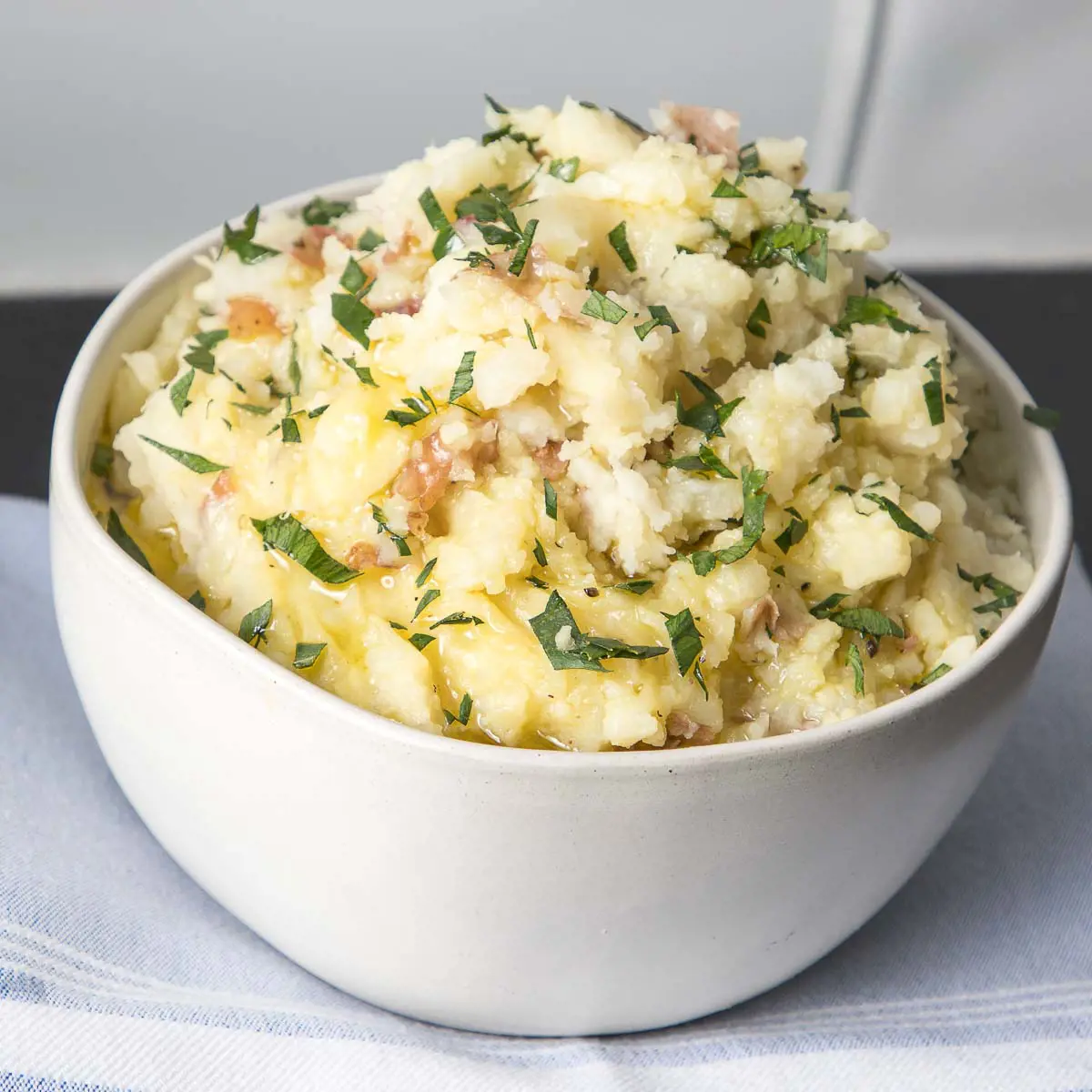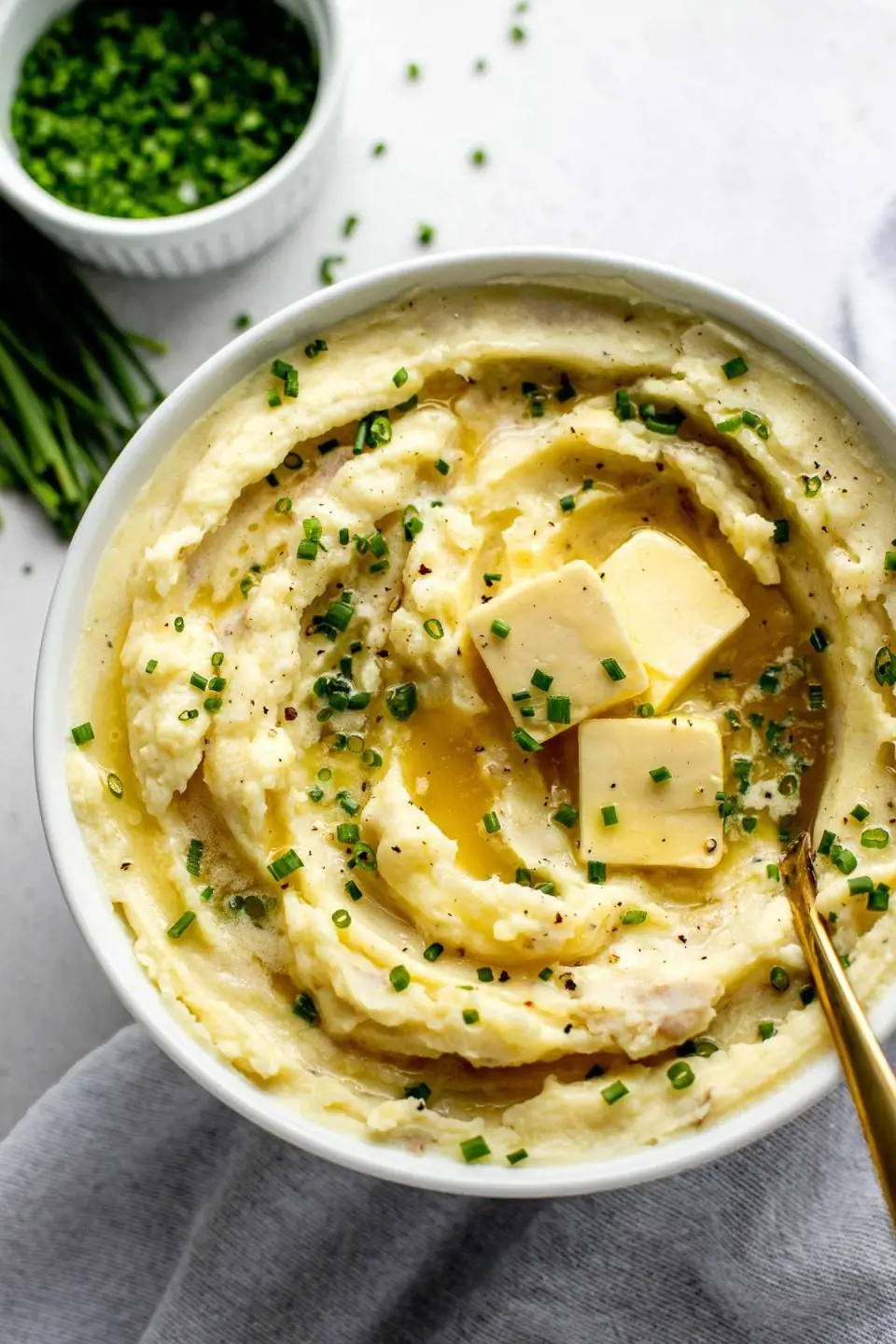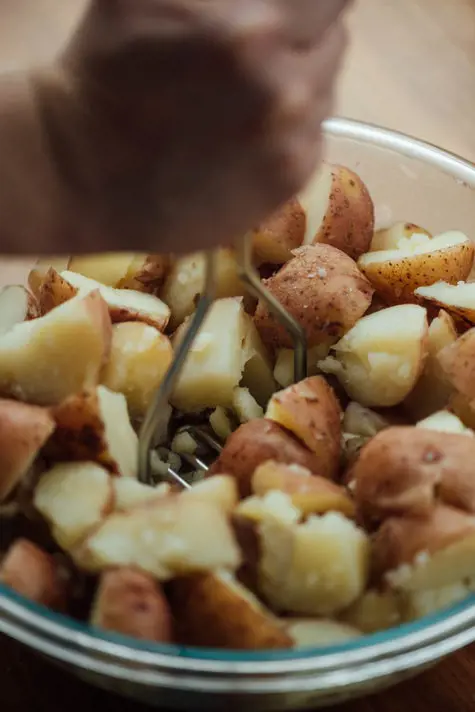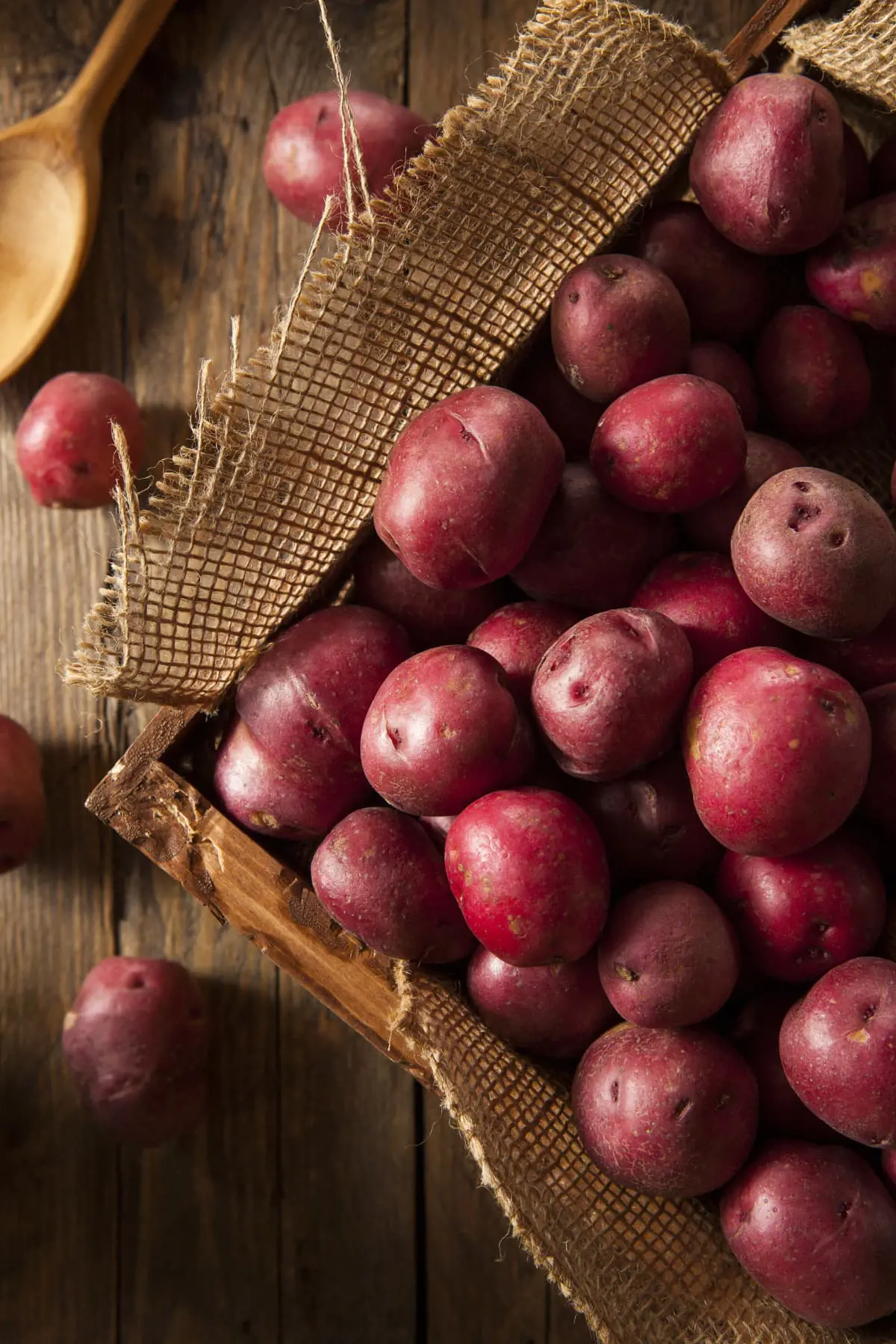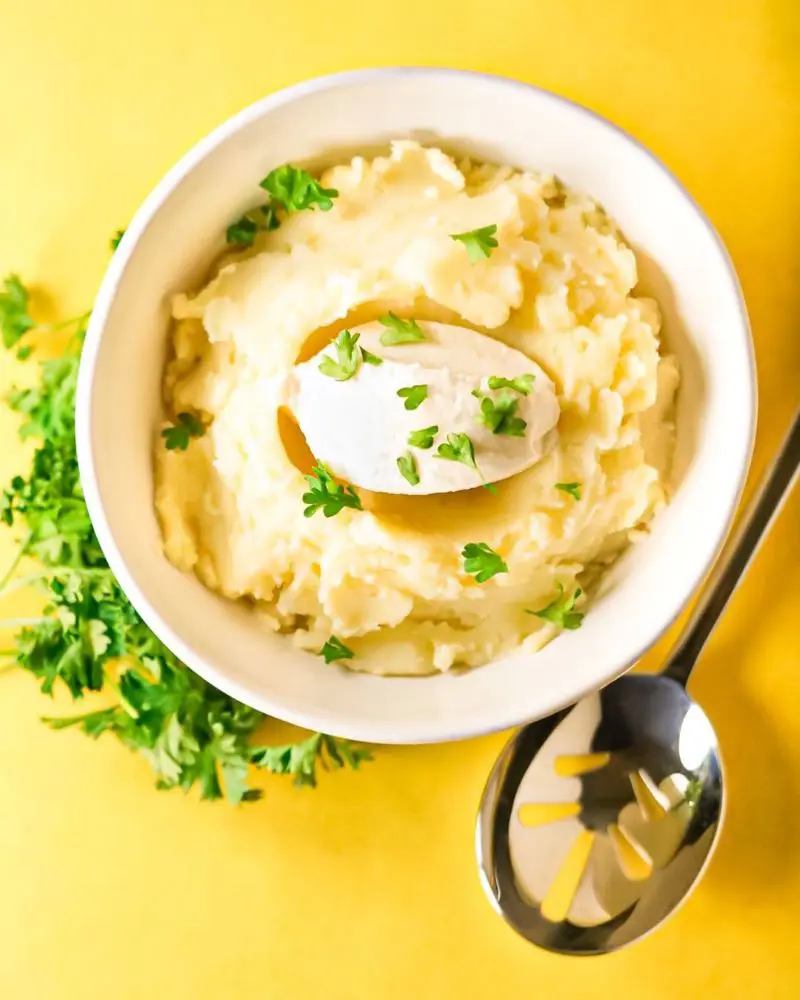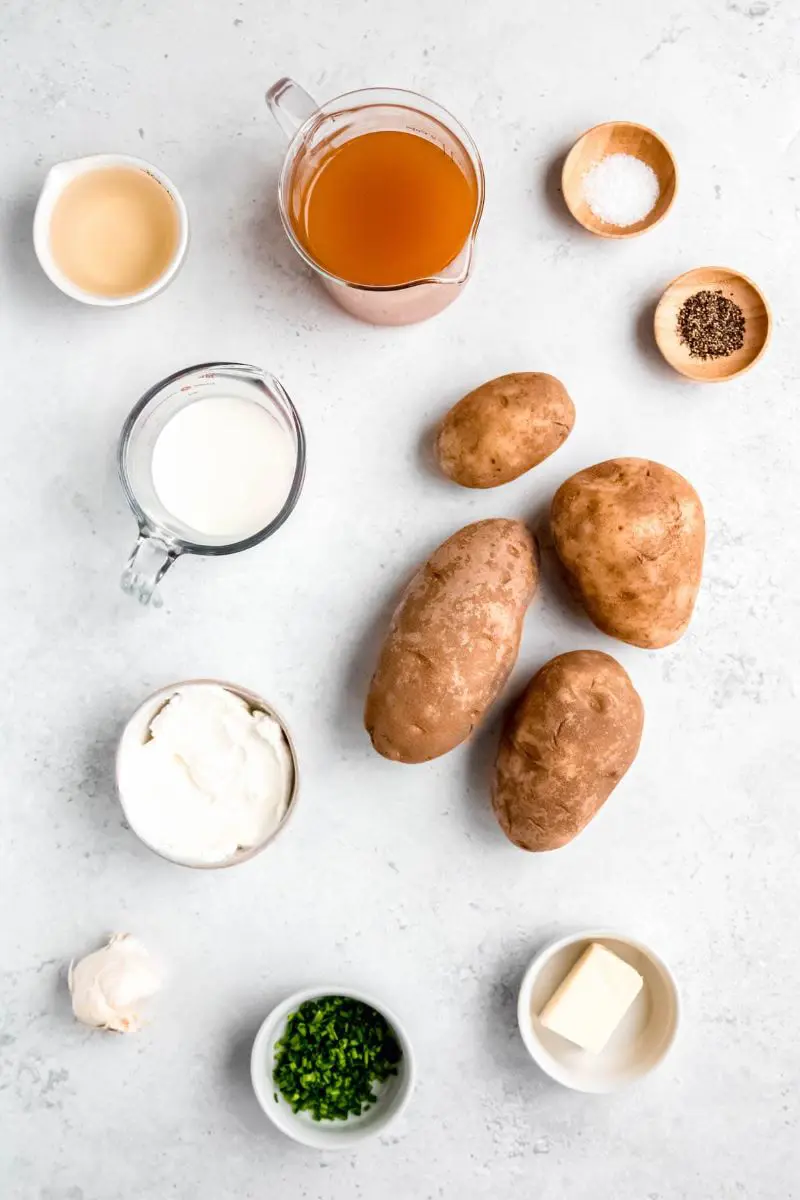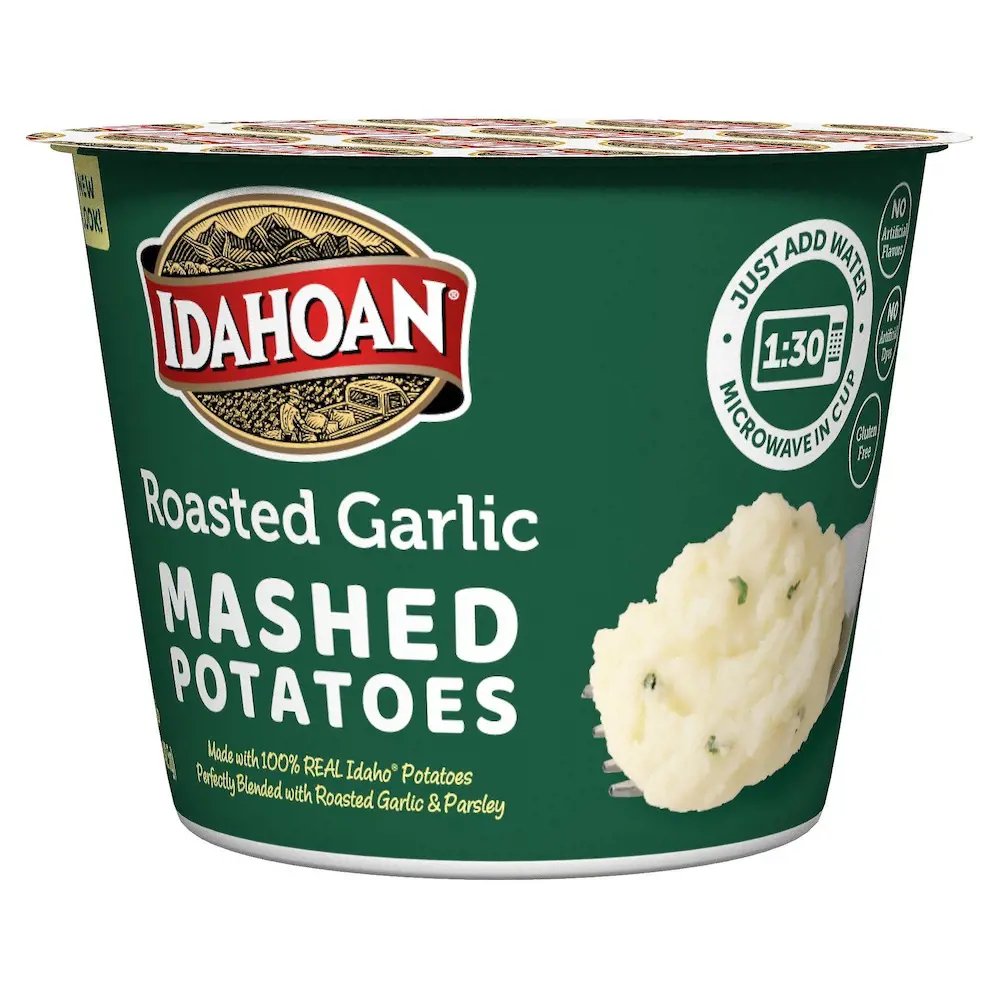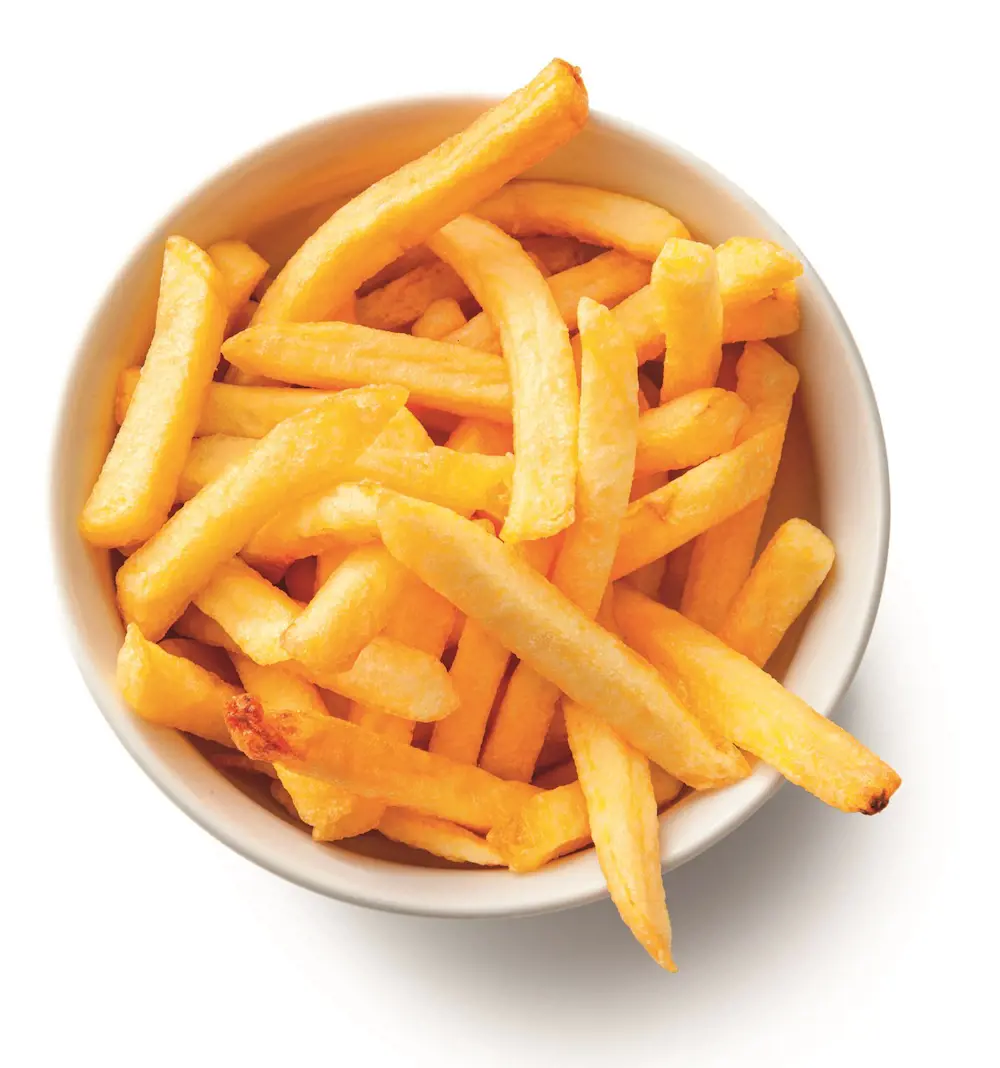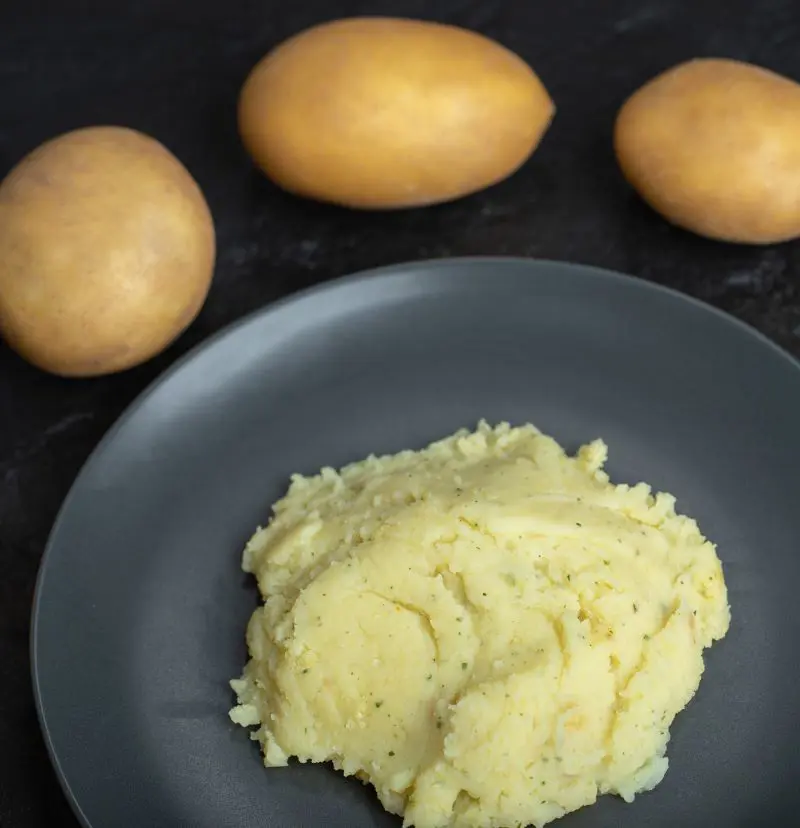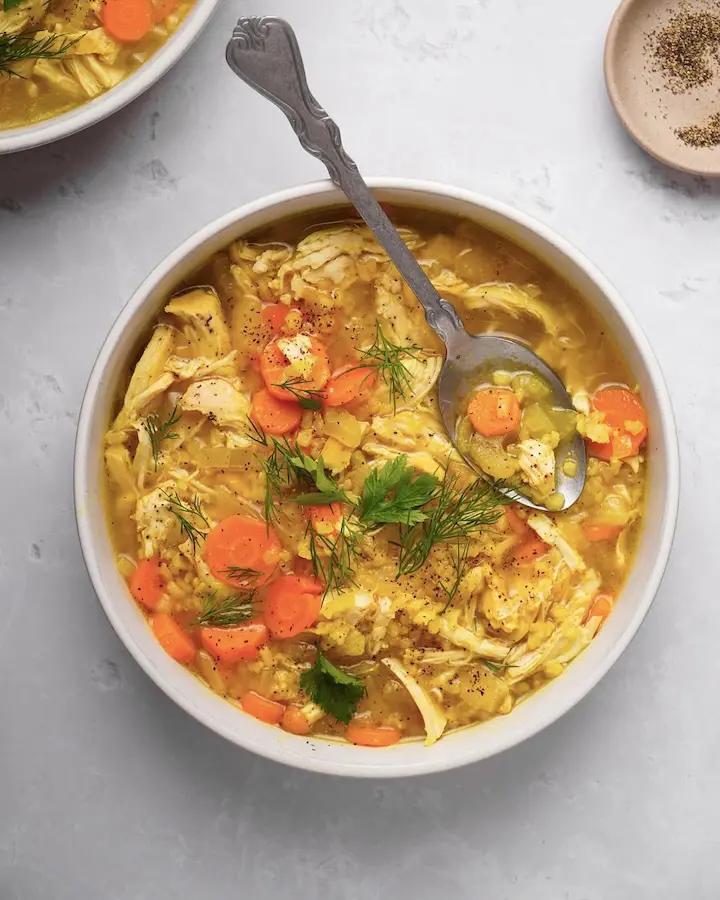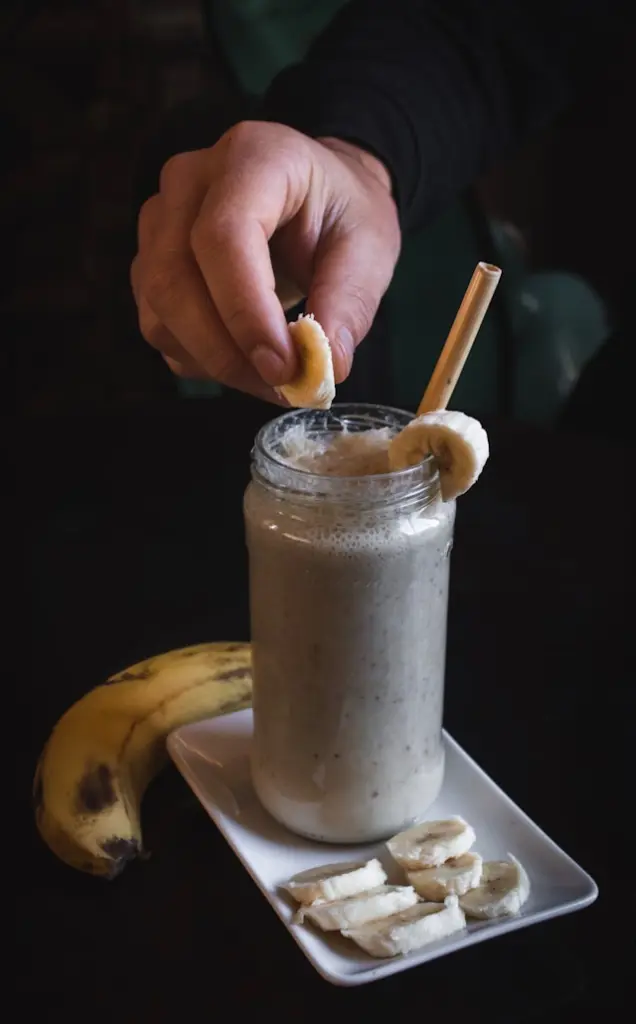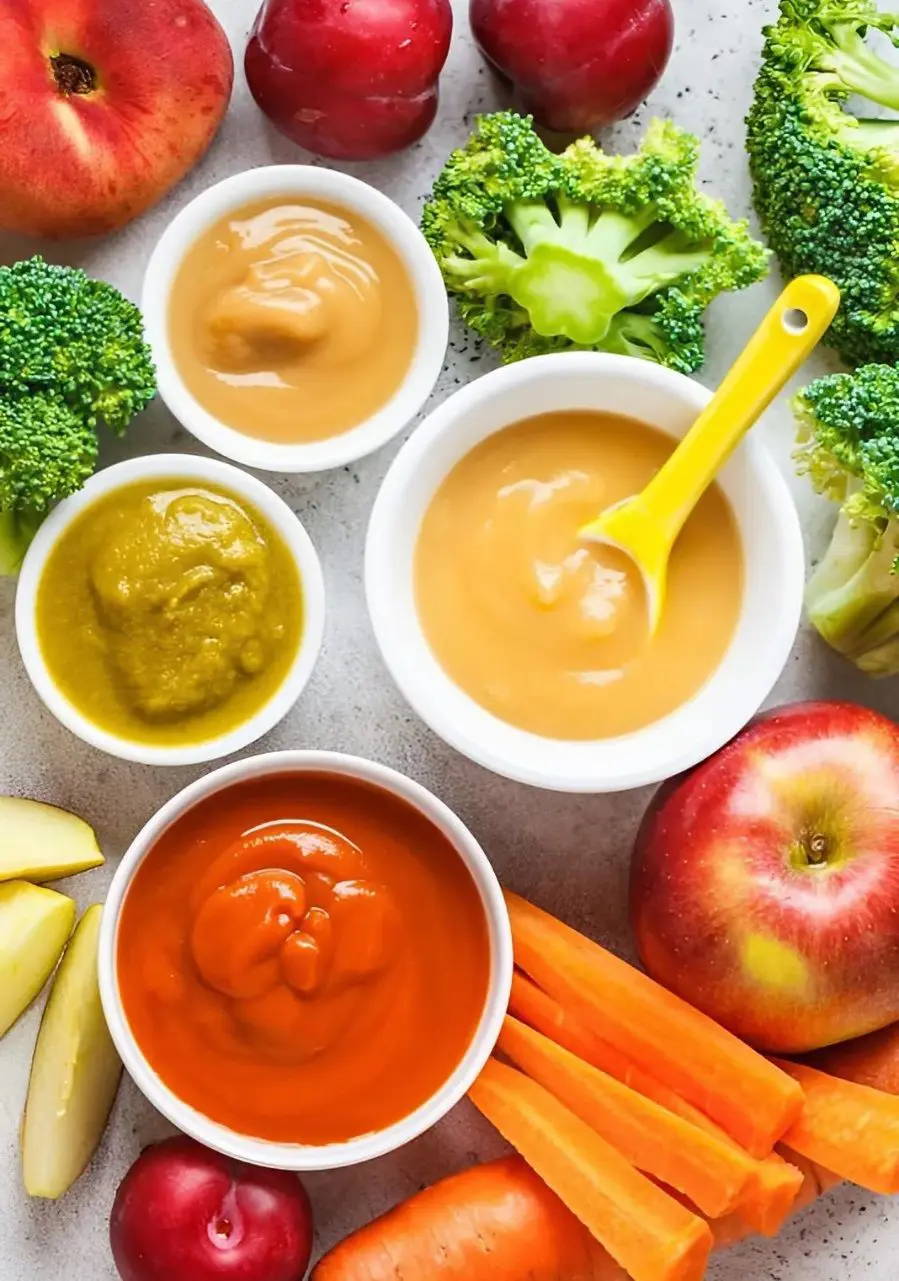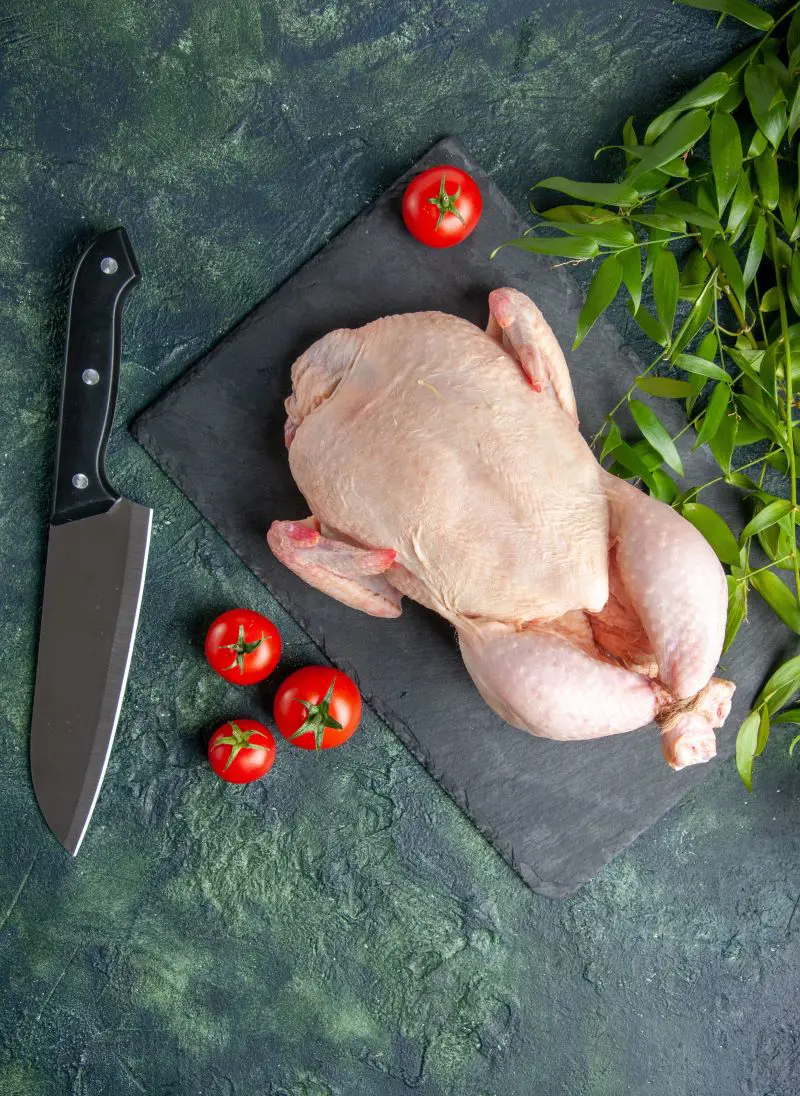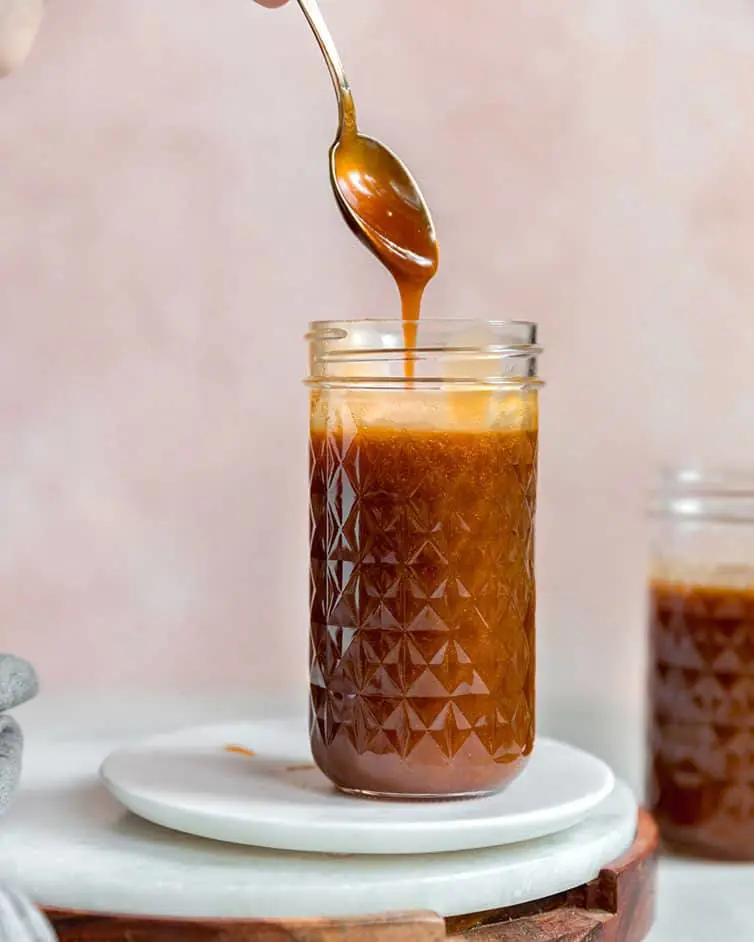Are Mashed Potatoes Healthy
Well, the exact answer depends on how this dish is prepared. But in general, we could say that mashed potatoes are healthy. How? So, this earthy vegetable fills our body with complex carbohydrates- generated from vitamins A &C and potassium. So, the energy we receive to get lots of things done in a day is possible due to those components.
Also, potatoes’ skin has fiber content- known good for skin and weight loss. So, summing up the nutrients in the mashed potatoes is indeed good for health.
The same dish becomes more healthy when ingredients with low fat are added. It could be olive oil, or low-fat milk instead of cream and butter.
And yeah its consumption also matters a lot. If consumed in high amounts, you end up supplying more calories to the body than needed. So, consider eating in moderation to get maximum health benefits from homemade mashed potatoes.
